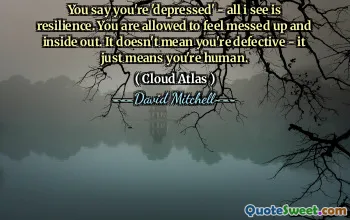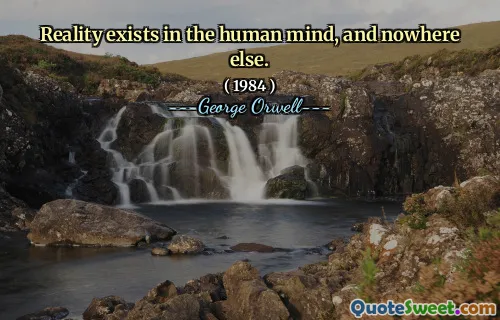
I believe that our communities can benefit if they know about and participate in the U.N.'s various human rights forums.
The assertion highlights the profound impact that awareness and active participation can have on communities when it comes to international human rights initiatives. Knowledge is power; when communities are informed about the existence and function of the U.N.'s human rights forums, they become empowered to advocate for their own rights, influence policy discussions, and hold relevant entities accountable. Such participation fosters a sense of agency and ownership over social issues that often seem distant or governmental. It transforms communities from passive recipients of aid or policies into active stakeholders in global human rights discourse.
Furthermore, engaging with these forums can stimulate local movements and inspire grassroots activism. When people understand the mechanisms through which human rights are upheld or violated, they can better identify relevant issues, mobilize resources, and collaborate across borders. This interconnectedness helps bridge gaps between international standards and lived community experiences. It can also encourage policies that are more aligned with the real needs and concerns of the populace.
However, facilitating participation requires efforts to make information accessible and understandable. It involves education, outreach, and often, translation of complex legal language into everyday terms. It also necessitates creating inclusive platforms where marginalized voices can be heard. Ultimately, fostering this knowledge and involvement can contribute significantly to strengthening democracy, promoting social justice, and ensuring that human rights are universally protected and respected. This collaborative approach emphasizes that progress on human rights is most effective when rooted in local realities and driven by empowered communities.
---Opal Tometi---











